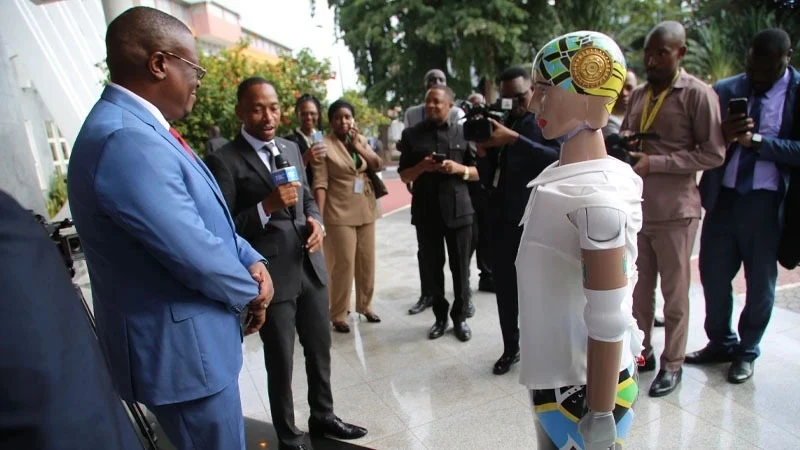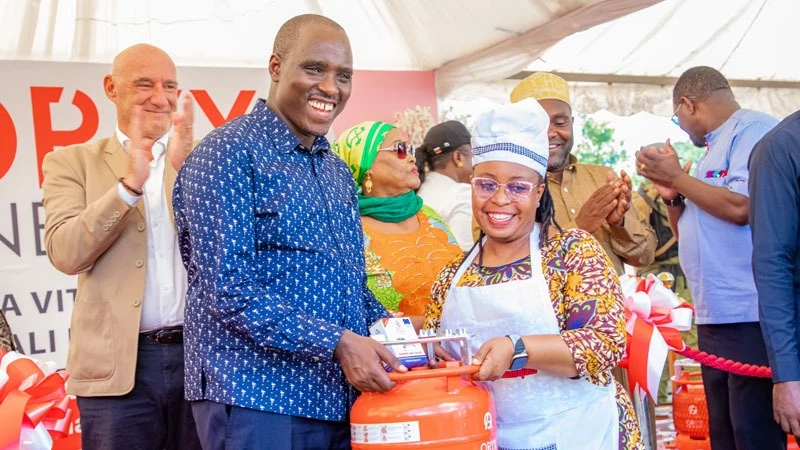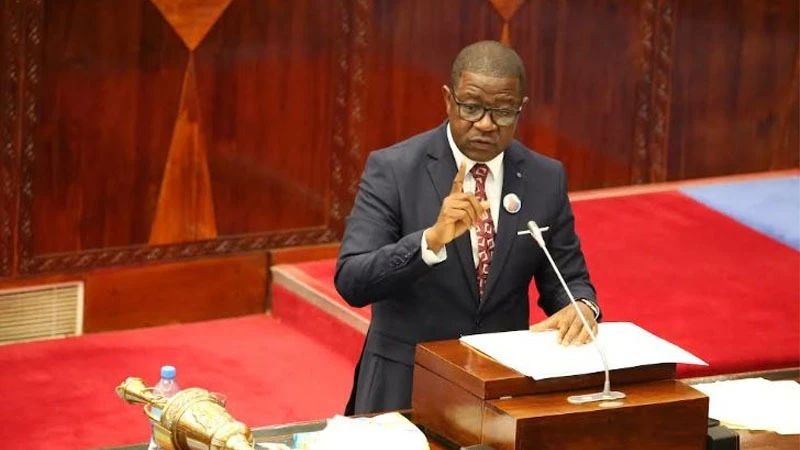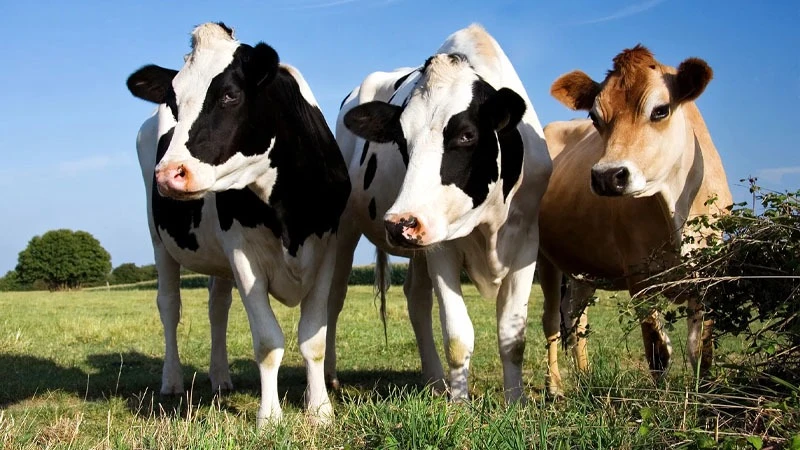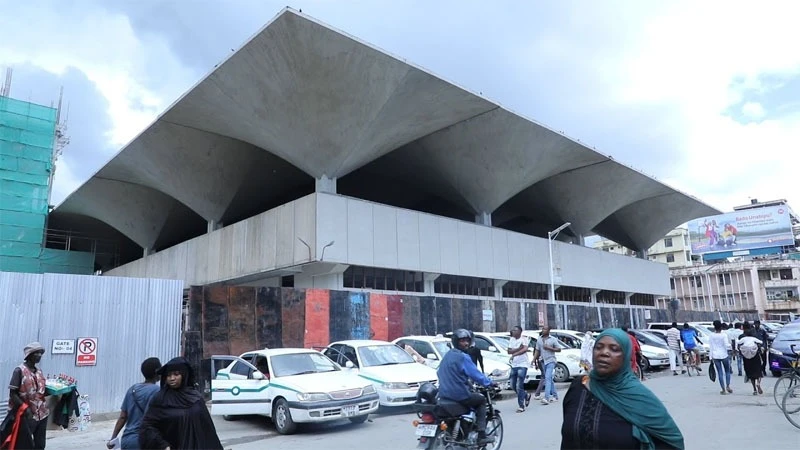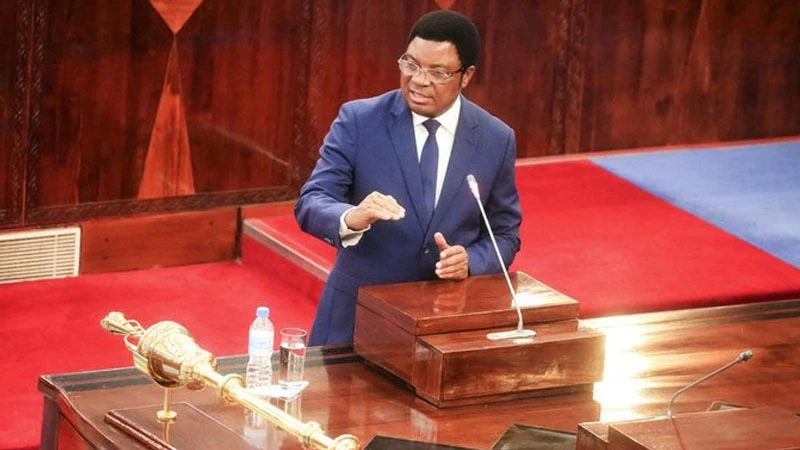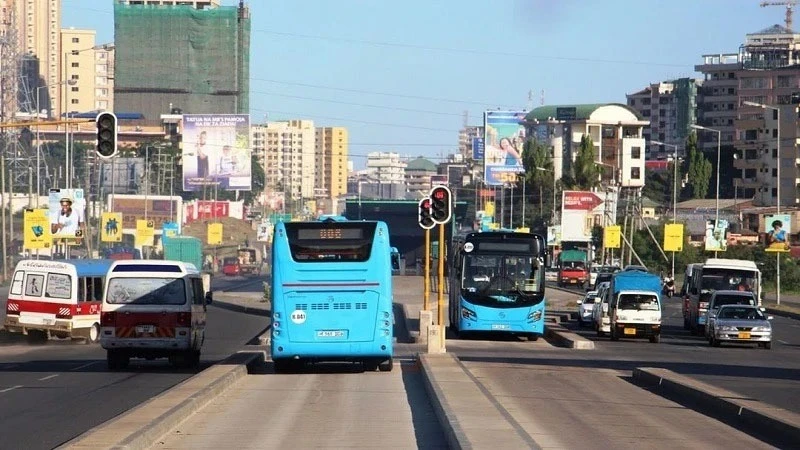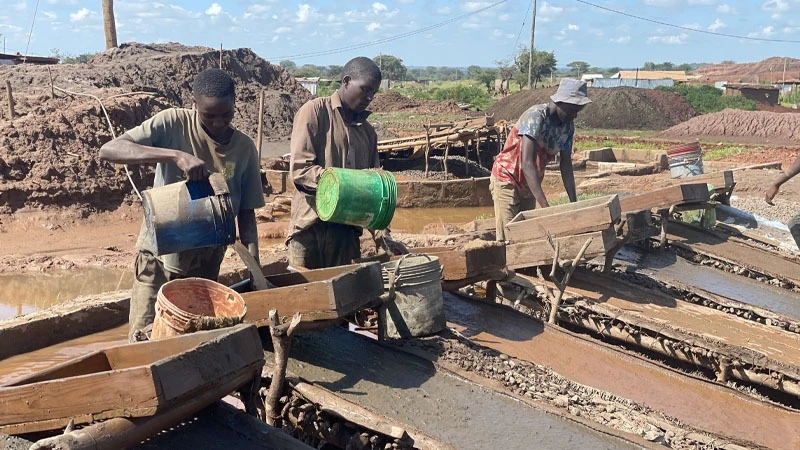Reforms missing during EAC finance ministers’ agenda for IDA-21 summit
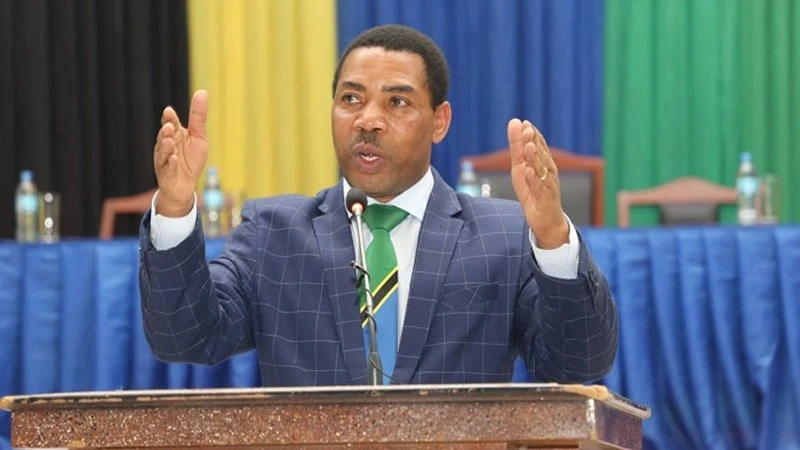
WHILE each country in East Africa has had occasion to talk about reforms, there is no such thrust at the regional level as fiscal policy isn’t an East African Community item as such.
It is only limited to the customs union and certain approved aspects of the common market, which are at times altered at a moment’s notice – like the free movement of goods, capital or labour.
It is this situation which is projected in running regional projects, as they are public sector-based and hugely dependent on foreign loans. Some say change is a must, for instance in the way in which the Lake Victoria Basin projects are designed and carried out.
Finance ministers in the sub-region met under the auspices of the Kenyan Treasury in a pre-budget meeting tied with identifying regional priorities for collective consideration.
This came as the International Development Association (IDA) readies for IDA-21 disbursement cycle.
The theme emerging from the deliberations was the need to increase disbursements, while around a week earlier top executives were demanding much longer loans (50 to 70 years) at zero interest rates. All this looks urgent or necessary as the public sector anchor is globally acknowledged.
In that case World Bank pressure for instance about getting the private sector involved in managing waste treatment such wastes do not drain into the lake helps with the reform effort, as the EAC ministers reacted differently to the sewage treatment demand.
Their public comments were directed at appealing for greater revenue collection so that development projects can be financed, without relying on foreign loans and grants. The opposite of loans and grants is paining the local communities instead of reform that involves the private sector.
In that case, both the spring meetings in Washington, DC, as well as the recent pre-budget consultations in Nairobi did not bring the EAC finance ministers to a sort of reform point of view.
At any rate, the work of involving private firms to create businesses out of wastes and stop invasive weeds expansion due to solid waste is a matter for each country’s policy makers in which case the consultations focused on their common interest, not policy variations.
The singular point of interest is the World Bank to comprehend the sort of priority areas enabling an expanded grants/loans vote during IDA-21 disbursements mid next year. It was quite clear.
Thus, there is a sort of policy dichotomy between the ministers and the World Bank soft loans window, and not just about amounts that the EAC region may finally obtain.
The key aspect is how each country involves the private sector in at least that environmental issue, as the need to insist rings with failures to take a private sector inclusive approach in policy as a whole.
Therefore, the measure of success both at the multilateral talks and in the regional meetings is not in the amounts that the zone will obtain but rather in policy convergence enabling each country to obtain the most effective loans and grants mix from the World Bank and others.
Top Headlines
© 2024 IPPMEDIA.COM. ALL RIGHTS RESERVED







